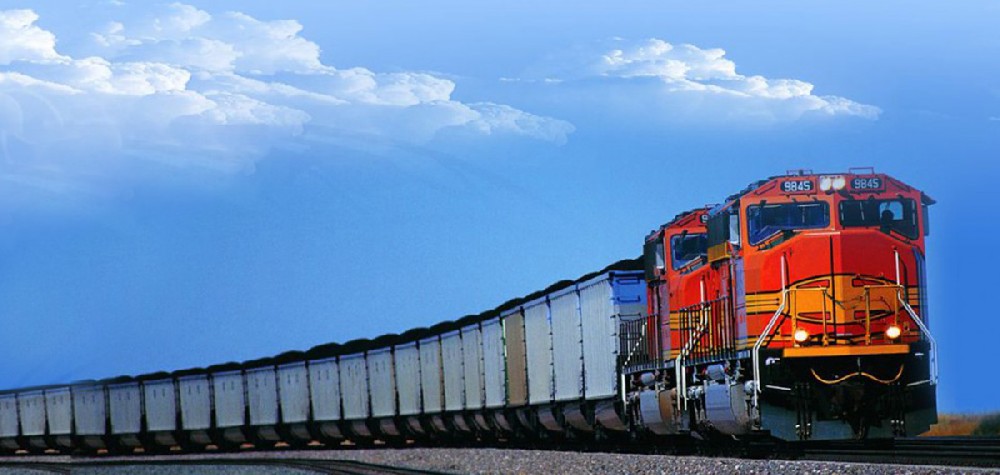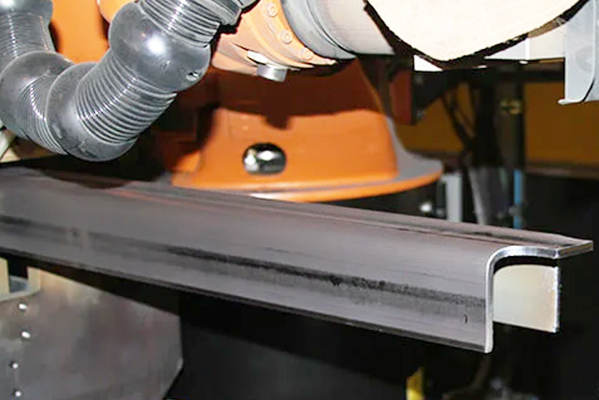Navigation Menu
Contact Us
- Email:
- info@wxavatar.com
- Address:
- Yurong Village, Yuqi Street, Huishan District, Wuxi, China.
Release Date:Jul 09, 2025 Visit:59 Source:Roll Forming Machine Factory
The railroad manufacturing industry is a dynamic sector, continually adapting to demands for enhanced performance, durability, and operational efficiency. A notable area of development involves the adoption of heavy-gauge coil equipment, a trend that aligns with the industry's focus on producing robust components for its critical infrastructure and rolling stock.

This shift isn't a singular, isolated change, but rather a response to several interconnected factors. Modern railway systems, especially those supporting significant freight volumes and higher speeds, necessitate components that can withstand substantial stress and demanding operational conditions. Heavy-gauge materials, processed by specialized coil equipment, are well-suited to meet these rigorous requirements.
Advantages of Heavy-Gauge Coil Processing
The application of heavy-gauge coil equipment in railroad manufacturing offers several advantages. For instance, in the production of railcar components such as roofs, sidewalls, and frame structures, utilizing heavy-gauge coil processing allows for the creation of robust parts with superior structural integrity. This is crucial for the safety and longevity of freight and passenger cars.
Furthermore, heavy-gauge coil equipment is instrumental in manufacturing heavy-duty springs used in railway vehicles. These springs are vital for absorbing impacts and ensuring stable operation on tracks. The ability to precisely form and process thick materials is key to producing springs that can endure the harsh environments and significant loads encountered in railway applications. Companies are leveraging advanced manufacturing techniques, including those involving heavy-gauge coil, to produce high-quality, durable components with enhanced load-carrying capacity.
Equipment and Manufacturing Developments
The equipment itself reflects this trend. Manufacturers are developing and utilizing coil processing lines capable of handling substantial material thicknesses. This includes specialized roll forming equipment and other coil processing products designed for the heavy-gauge manufacturing required by the railroad sector. Beyond forming, the entire manufacturing process benefits from advancements like automation and robotics, which enhance precision and consistency in working with heavy-gauge materials, from coiling and heat treatment to inspection.
Moreover, the industry's need for efficient material handling within manufacturing facilities also contributes to the relevance of heavy-gauge solutions. Heavy-duty coil handling railway transfer trolleys and similar equipment are specifically designed to transport large and heavy coils, streamlining the movement of materials for production. These systems often feature robust designs, high load capacities, and mechanisms to secure heavy coils during transit, reflecting the industry's practical needs.
Future Outlook
The overall market for train and components manufacturing is projected to grow, driven by ongoing rail development and investments in new technologies. This growth underscores the continued importance of manufacturing processes that can deliver high-performance, durable components. The capabilities offered by heavy-gauge coil equipment align directly with these industry demands, suggesting its increasing role in the production of resilient railway infrastructure and rolling stock.

In summary, the railroad manufacturing industry is indeed demonstrating a clear movement towards the broader application and reliance on heavy-gauge coil equipment. This shift is a practical response to the evolving operational requirements of modern railway systems, emphasizing the production of strong, long-lasting components that are essential for the sector's performance and reliability.